
For the history of life on Earth, organisms have relied on the light of the sun, moon, and stars to navigate their way and schedule their lives. While the onset of electric lighting in the late 19th century may have been a boon to humans, it has wreaked havoc on the natural world. Among the more notorious impacts of artificial light at night (ALAN), light pollution lures migrating birds to cities with devastating consequences, contributes to the alarming decline in insect populations, and convinces sea turtle hatchlings to amble away from the water instead of towards it.
Now, a new study from the University of Plymouth adds another dismal finding about how ALAN is affecting the creatures with whom we share the planet: Light pollution from coastal cities can trick coral reefs into s...
Read More

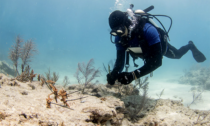
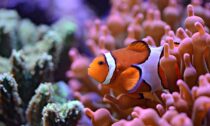
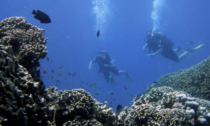
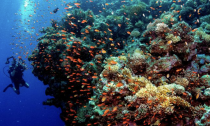


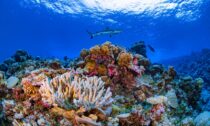

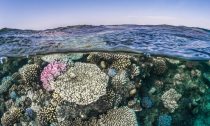


Social Profiles